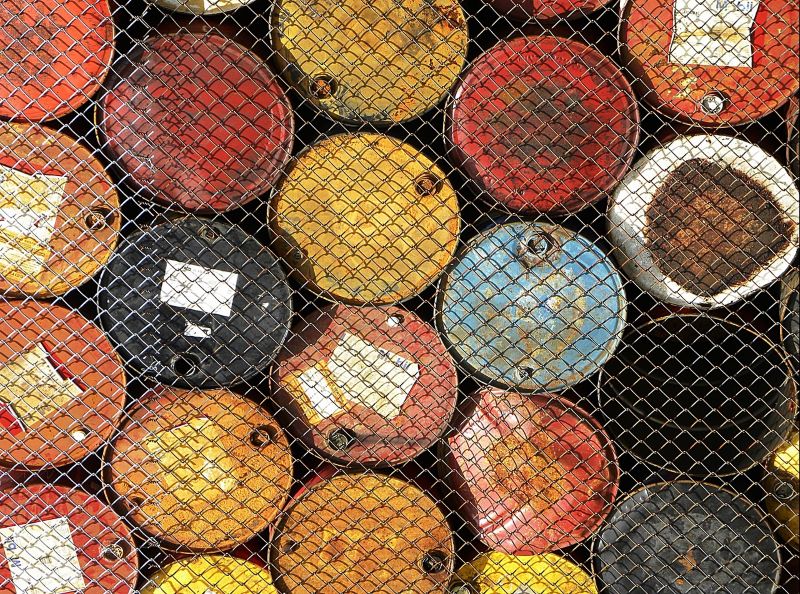
India plans to set up first privately run strategic petroleum reserve by 2029-30: Report
New Delhi: India intends to set up its first privately operated strategic petroleum reserve (SPR) by 2029-30, allowing the operator the autonomy to trade the entire oil stock, media reports said.
Reuters reported citing the CEO of Indian Strategic Petroleum Reserves Ltd (ISPRL) that such an initiative is on the cards.
The decision to permit a fully commercial SPR reflects the approach adopted by nations like Japan and South Korea, wherein private lessees, mainly oil majors, are authorised to trade the crude.
So far, India has only permitted partial commercialisation for its three existing SPRs situated in southern India, boasting a combined capacity of 36.7 million barrels.
India intends to construct two new SPRs—the first one being an 18.3 million barrels cavern located at Padur in southern Karnataka state, followed by a 29.3 million barrels SPR in eastern Odisha state.
Private partners will be permitted to trade all of the oil domestically, the report said.
According to L.R. Jain, the chief executive of ISPRL, the government will hold the first right to the oil in case of a shortage, the Reuters report said.
Jain stated that ISPRL, responsible for managing India's SPRs, recently issued a tender to assess interest among local and global companies for the Padur SPR.
"We hope to award the tender on a design, build, finance, operate and transfer basis by September and the SPR should be completed in 60 months from zero data," Jain told reporters at an industry event, according to the report.
India, the world's third-largest oil importer and consumer, is eager to enhance its SPR capacity to mitigate risks associated with global supply disruptions and price fluctuations.
Increasing oil storage capacity would not only strengthen India's energy security but also facilitate its accession to the International Energy Agency (IEA), which mandates its members to maintain a minimum of 90 days' worth of oil consumption.
According to the IEA's assessment in February, India's current oil stocks, inclusive of SPR volumes, are sufficient to cover approximately 66 days of consumption.
The report quoted L.R. Jain as saying that SPRL estimates that the construction of the Padur SPR, along with the associated pipeline and oil import facility, would require about 55 billion rupees ($659 million) in investment.
He further noted that the federal government is expected to contribute up to 60% of the total cost, the report added.
Support Our Journalism
We cannot do without you.. your contribution supports unbiased journalism
IBNS is not driven by any ism- not wokeism, not racism, not skewed secularism, not hyper right-wing or left liberal ideals, nor by any hardline religious beliefs or hyper nationalism. We want to serve you good old objective news, as they are. We do not judge or preach. We let people decide for themselves. We only try to present factual and well-sourced news.






